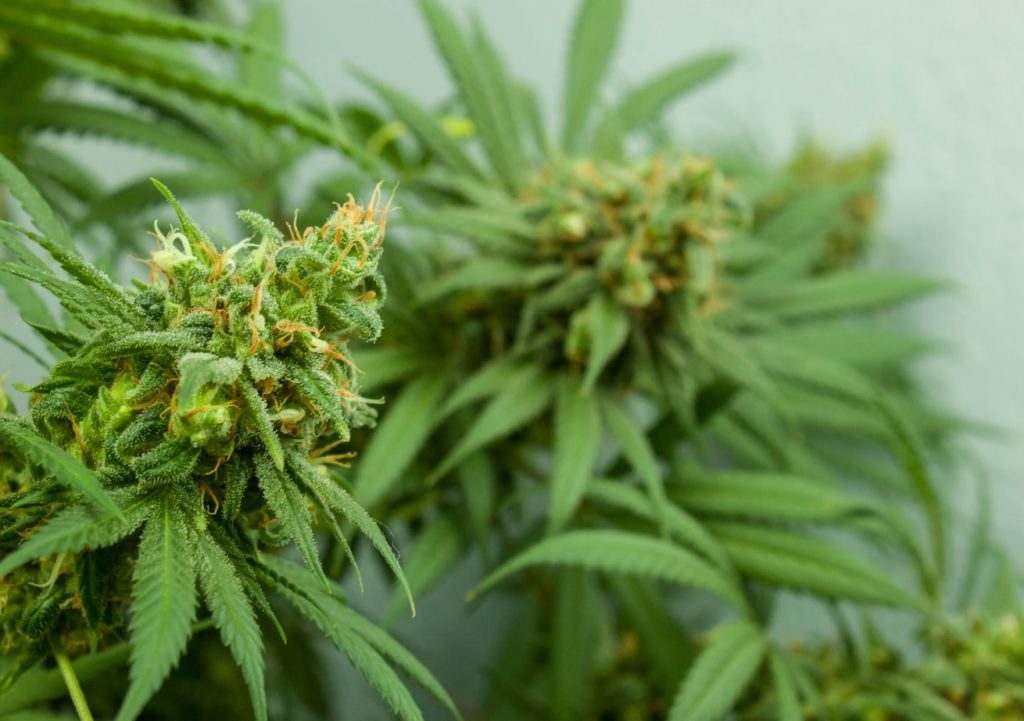Cannabis has had some issues in other states; with legislatures even opposing passing laws altogether. It’s rare, but some states are steadfast in their ideas about cannabis. As a result, protesting against Mississippi state leaders is rampant. An initiative to legalize medical Mississippi cannabis was approved by voters; but, ultimately was overturned by the state supreme court on a congressional technicality.
Last October, the initiative to legalize medical cannabis in Mississippi was challenged by Madison mayor Mary Hawkins Butler where she stated that it did not comply with the state’s required signatures to be placed on the ballot. According to the state constitution:
“…signatures of the qualified electors from any congressional district shall not exceed one-fifth (1/5) of the total number of signatures required to qualify an initiative petition for placement upon the ballot.”
In short, this means of all the signatures for medical marijuana at least one-fifth has to come from each of the state’s five districts. In the past, Mississippi had five congressional districts. That was reduced to four when they lost a congressional seat in 2001 due to population loss. Regardless, the court still has to follow the law, despite it being mathematically impossible. Even so, the court acknowledged the impossibility of the law as well as the overwhelming support for medical marijuana in Mississippi; but upheld it regardless. On May 14, 2021, the initiative was officially overturned.
WHAT NOW FOR MISSISSIPPI CANNABIS…
Ironically enough, the state had more than one medical cannabis proposal. On the November ballot, there was Initiative 65 and Alternative 65A. Voters could either vote either or neither, with a required follow-up question for the former answer. The specifics of both proposals are listed below.
Voting for Initiative 65 supported approving the medical marijuana amendment as provided by Initiative 65, which was designed to allow medical marijuana treatment for more than 20 specified qualifying conditions, allow individuals to possess up to 2.5 ounces of marijuana at one time, and tax marijuana sales at the current state sales tax rate of 7%.
Voting for Alternative 65A supported approving the legislature’s alternative medical marijuana amendment, which was designed to restrict smoking marijuana to terminally ill patients; require pharmaceutical-grade marijuana products and treatment oversight by licensed physicians, nurses, and pharmacists; and leave tax rates, possession limits, and certain other details to be set by the legislature.
Ballotpedia; Mississippi Ballot Measure 1, Initiative 65 and Alternative 65A, Medical Marijuana Amendment (2020)
The ‘either’ votes exceeded 70% resulting in Initiative 65 moving forward. After the Madison mayor’s action late last year, the state Senate passed a bill to replace Initiative 65 if it was indeed ruled unconstitutional. Senate Bill 2765 would closely resemble Nevada’s medical market with lower sales tax. It also included language preventing employment and housing discrimination based on medical marijuana patient status while also prohibiting a parent from being denied custody or visitiation due to their status. Unfortunately, the bill didn’t pass either.
Mississippi state governor, Tate Reeves, has been called to address the issues in a special session. More on that has yet to roll out, however. Regardless, the problem lies in old policies that simply can’t be followed. Similar to the fight for cannabis rights in a federally illegal country, fighting in a state that almost literally puts walls in front of you is a battle against past policy and stigma. As the number of pro-cannabis states grows, hopefully, the number of legislators fighting it will dwindle in turn. Until then, read the full Supreme Court ruling for more details and spread the word about Mississipis’ cannabis initiatives.







